Crime Scene Berlin: Nightlife Killer is gripping, but not Joe Berlinger’s best
Filmmaker Joe Berlinger’s attention to dissecting true crimes through their links to culture and place is binge-worthy. His latest docu-series centres on Berlin.
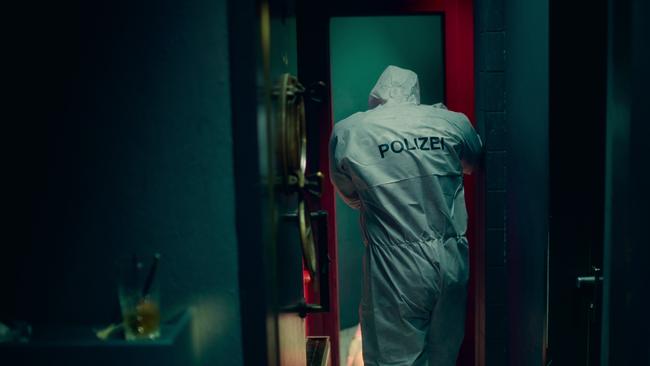
You may not be all that familiar with the name, but American documentary filmmaker and producer Joe Berlinger has become a ubiquitous presence on TV. Perhaps more than any other documentarian, he’s been responsible for creating the genre called “prestige true crime”, which has presented shows like The Jinx, Wild Wild Country, Don’t F**k with Cats: Hunting an Internet Killer, and the work of director Skye Borgman, such as Abducted in Plain Sight and Girl in the Picture.
What they have in common is a blurring of reality and fiction, the genre presented as an art form in its own right, not all that different from a feature film in their creative treatments. Many undertake advocacy and intervention, shining a light on inadequacies in the legal system, highlighting a sense of responsibility for its victims.
This is what Berlinger does. He became famous for exposing injustices perpetrated against the wrongly convicted in his early films and has continued to point out societal ills in his work for TV, and for the singular way he makes it cinematically entertaining.
Berlinger’s films and docuseries include the Academy Award-nominated and Emmy-winning Paradise Lost films, along with Brother’s Keeper and Metallica: Some Kind of Monster.
I first encountered him some years ago with Cold Blooded: The Clutter Family Murders, which corrected various misconceptions resulting from Truman Capote’s book where Berlinger created an imaginative conception of reality in his search for a deeper truth about the terrible murders.
He believed the price paid by Capote’s success was the way that historically the Clutter family was treated as a side note, either misrepresented or not represented at all.
He says that Capote’s book and his invention of the nonfiction novel opened his eyes to his own approach to filmmaking. “It was the first time that journalistic technique was blended with fictional narrative technique. He was merging the form of the novel with a nonfiction story. I consider what I do the filmic equivalent of what Truman Capote was doing with literature.”
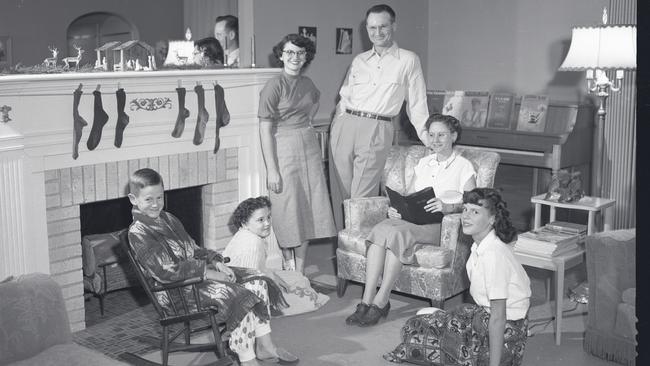
More recently, Berlinger has been working with Netflix as part of a multi-year deal and has executive produced and directed several documentaries for the streamer including Jeffery Epstein: Filthy Rich, Conversations with a Killer: The Ted Bundy Tapes, and Murder Among the Mormons. He’s been called a “true crime hit factory” for Netflix, his recent Crime Scene series a huge hit, and at the same time applauded for redefining the crime documentary as a vehicle for social change.
Berlinger says he was approached with the idea of doing the Hotel Cecil murder as a straight-out true crime documentary but decided to widen the lens. He wanted to know just how the “somewhere” infiltrated itself into notorious murders, and how setting was not simply a backdrop but integral to their meaning and mechanics.
The idea was clever, bringing to true crime what novelists have always understood. “The dirty little secret about the very best contemporary crime novels is that it often doesn’t matter much who did it and why, but where the story is set,” says the best-selling C.J. Box, whose Joe Pickett novels and TV series are set in the wilderness of Yellowstone National Park. “Solving the crime is simply a vehicle to travel through the territory.”
The first season of Berlinger’s series, The Vanishing at the Cecil Hotel, explored the real-life mysterious disappearance, subsequent death and conspiracy theories surrounding 21-year-old Canadian student Elisa Lam at the Cecil Hotel in downtown Los Angeles.
The second, The Times Square Killer, deconstructed a series of shocking murders that occurred in late 1979 in the relatively lawless Times Square in New York.
And the third was The Texas Killing Fields, an examination of a series of killings in the 1980s in a remote, desolate area between Houston and Galveston, nicknamed after the 1984 Cambodian war drama The Killing Fields.
All have been huge hits for Netflix and are still popular on the streamer. Now Berlinger’s franchise has expanded to Germany, Crime Scene Berlin: Nightlife Killer the first international, locally created version of the series. Berlinger is executive producer of the three-part German language docuseries which looks at several murders that took place in Berlin’s vibrant night-time party scene.
A killer, who became known at the time as “The Darkroom Murderer” after the place where gay men gathered for sexual encounters with strangers in a Berlin bar, terrorised the city’s nightclubs, poisoning his victims with lethal doses of GHB, sometimes called liquid ecstasy.
The series was made by German-based Beetz Brothers Film Productions with directors Caroline Schaper and Jan Zabel, also the show’s cinematographer, with Berlinger ensuring the style was recognisably that of his earlier productions.
“We were looking for a crime story in a location whose history and social values contributed to the crime,” Berlinger told Variety.
“Berlin is world famous for its all-night party life and that electronic music and whatnot. That’s a function of its history. So, it’s how the history of Berlin directly relates to how these killings took place. We are always looking for a story that has those social and geographic aspects to them. That’s why it makes sense to go around the world with this series.”
Unfortunately, while a compelling watch, it tends to lack the complexity and density of his earlier shows.
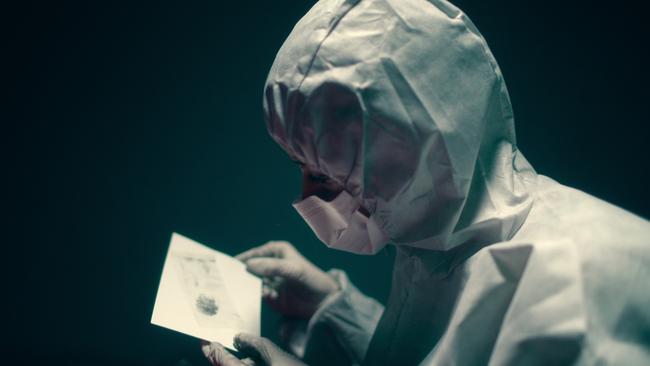
It begins with a stylish montage of noirish shots of Berlin at night, the city seen from above, and abstracted sequences of its Gomorrah-like night-life, intercut with news reports of a murderer, already given the moniker of “The Coma Killer”. There are also grabs of a re-enactment of a man mixing something lethal looking into a bottle. It finishes with a grainy CCTV sequence of a shabby looking man walking away from the camera in some sort of subway. It’s a shot that will soon prove consequential in the police investigation. We are introduced to the formidable state prosecutor, Katin Faust, who says, “Nights in Berlin are colourful, diverse, and from my professional point of view, not totally safe.”
Then, as if to illustrate her point, we are inside the famous queer cruising bar Grosse Freiheit 114 (the title translates as “great freedom”) in Berlin’s Friedrichshain district, previously part of East Berlin, with a techno DJ called Patrick Berg.
“Loud music, hedonism, freedom, sexuality, vibrations, those low bass sounds – I think it has a lot to do with Berlin’s history,” he says. “This partition which also divided Friedrichshain, after having been the location of a death strip, it went on to become a lawless party scene; it’s sort of like magic.”
The area has a complex history, having endured both the Nazis and the Communists, divided by the Berlin Wall after the war, during which it was heavily bombed by the Allies. But unlike Berlinger’s earlier series, there is little here to explain how this constitutes a crime scene apart from some lusciously photographed wet streets and milling crowds outside the heavily neon-covered nightclubs.
On May 5, 2012, a body was found at the nightclub, in what was known as a “darkroom”, where people go to have sex. And we are suddenly in the midst of somewhat confronting re-enactments of the darkroom’s activities and the discovery of the body. Was it some sort of sex accident or an overdose of drugs or alcohol?
There is no ID, no fingerprints and no real evidence, and the police, led by a dogged Lieutenant Andreas Voges, initially are at a loss, confused and a little alienated by the sexuality on display. The oddest thing is that they have no one on call with knowledge of what goes on in these kinds of clubs and bars.
Voges says, a little apologetically, “I wasn’t aware of these places where homosexual men meet to have anonymous sex with each other; up until then I didn’t know what a darkroom was.” Dr Sven Hartwig, the alarmingly baby-faced forensic examiner, admits in an interview that GHB is not even part of their standard toxicology screening during autopsies. It’s not until they find a surviving victim that the police can narrow their focus.
It’s well enough made, but the journalism is not up to Berlinger’s usual standard. The visuals are gorgeous and the re-enactments subtle and abstract enough, and with each episode running at about 30 minutes, it’s easily binged in a sitting, but parts of the presentation are a little annoying. There’s a strange voice over that starts in the first episode, purporting to be from the killer which is confusing, and the subtitles identifying some characters are missing or inconsistent.
More importantly, there is little sense of the vibrancy and conviviality of what’s been described as “this modern Weimar bacchanal”.
Crime Scene Berlin: Nightlife Killer streaming on Netflix.



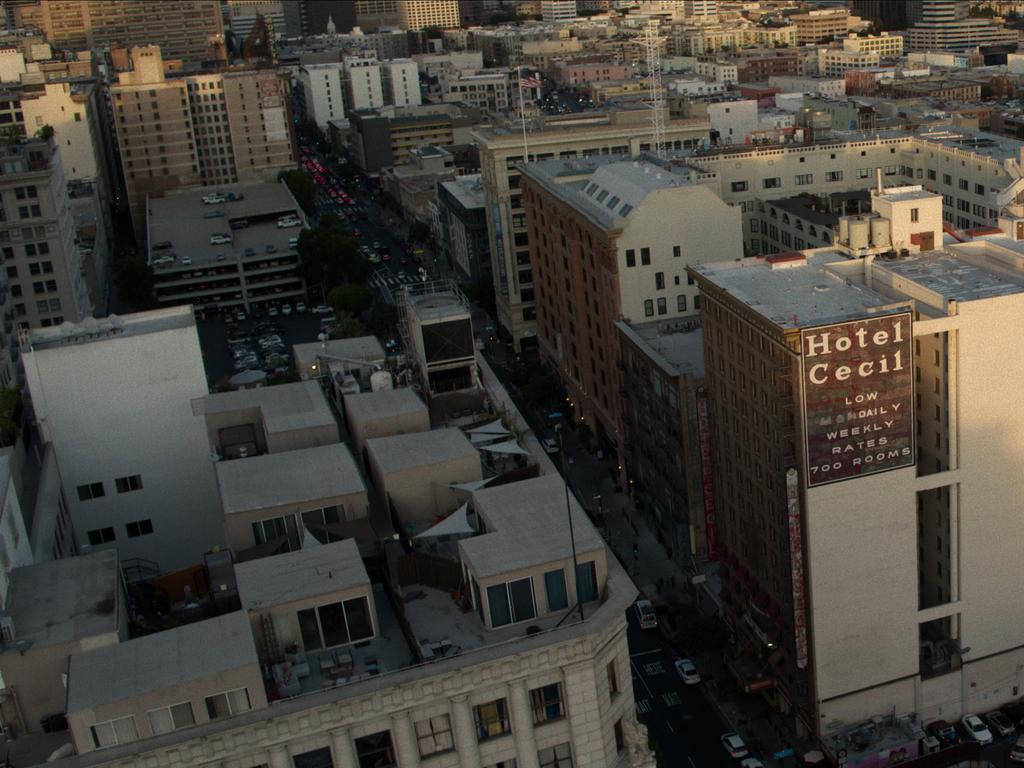
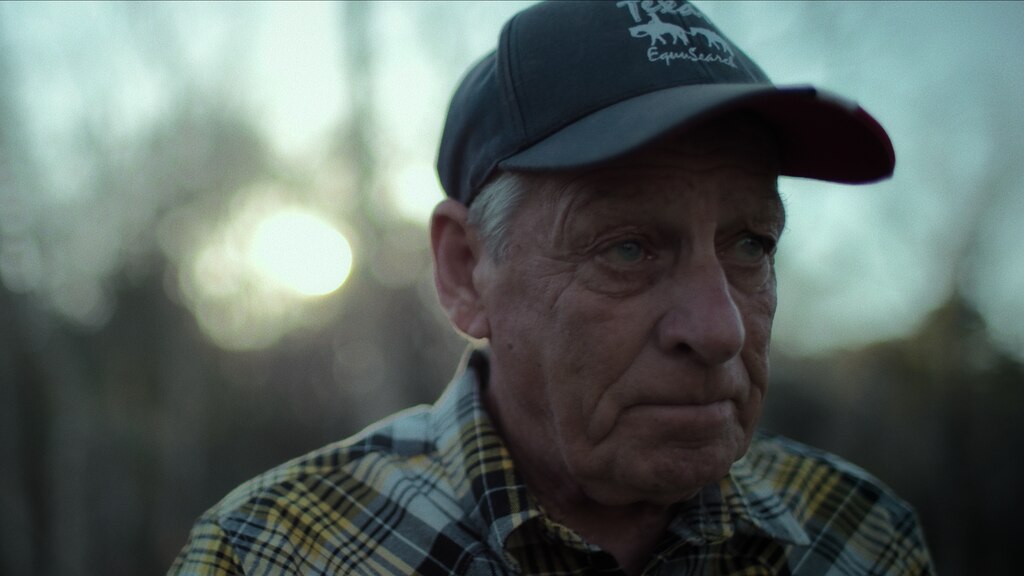


To join the conversation, please log in. Don't have an account? Register
Join the conversation, you are commenting as Logout